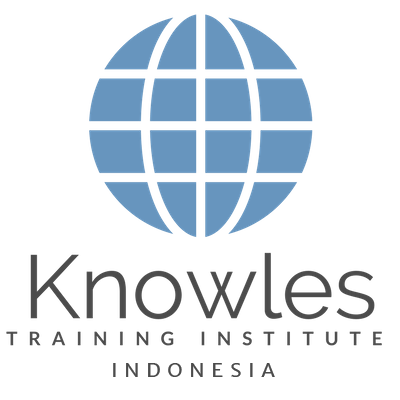Skip to content
AssociationIntern1bksiuevej76kHhK2023-07-18T10:11:01+08:00
Association
Mastering the Art of Mental Connections: 10 Strategies for Enhanced Learning and Recall
- Linking: Forge cognitive connections between new information and existing knowledge by identifying associations, patterns, or similarities. Linking helps establish neural pathways that facilitate memory retrieval.
- Visual Mind Maps: Utilize visual mind maps to visually organize and connect ideas or concepts. Mapping information in a graphical format enhances understanding, promotes retention, and aids in recall.
- Analogical Thinking: Employ analogies to relate unfamiliar concepts to familiar ones. Drawing parallels enhances comprehension and creates meaningful associations for improved memory retention.
- Storytelling Techniques: Construct narratives or stories that incorporate the information you want to remember. Storytelling provides context, structure, and emotional engagement, making the information more memorable.
- Mnemonic Systems: Utilize mnemonic techniques like the method of loci, acronyms, or visualization to create memorable associations. Mnemonics provide mental hooks for retrieving and retaining information.
- Contextual Embedding: Embed the information within a meaningful context or real-life scenario. By associating the information with relevant situations, you create stronger memory cues for recall.
- Spaced Repetition: Practice regular and spaced-out review sessions to reinforce associations over time. The spaced repetition technique optimizes memory consolidation and long-term retention.
- Active Engagement: Actively engage with the information through discussions, problem-solving, or teaching others. Active participation deepens understanding and strengthens memory associations.
- Imagery and Visualization: Use mental imagery and visualization techniques to create vivid and memorable representations of the information. Associating visual images with concepts enhances recall and comprehension.
- Reflection and Self-Assessment: Engage in reflective practices to assess your understanding and identify knowledge gaps. Regular self-assessment enhances metacognition, allowing you to adjust your learning strategies and reinforce associations effectively.
Page load link


